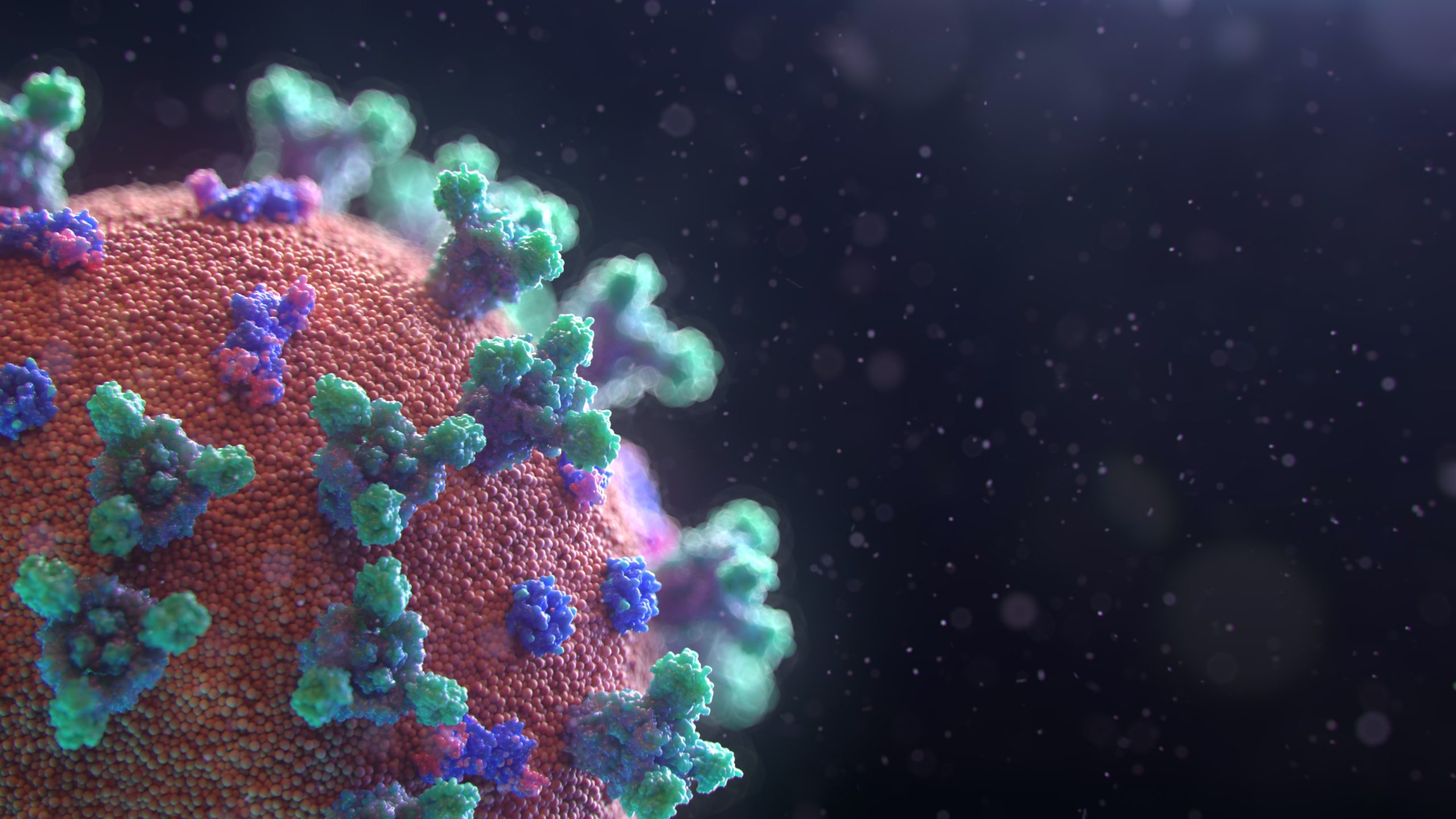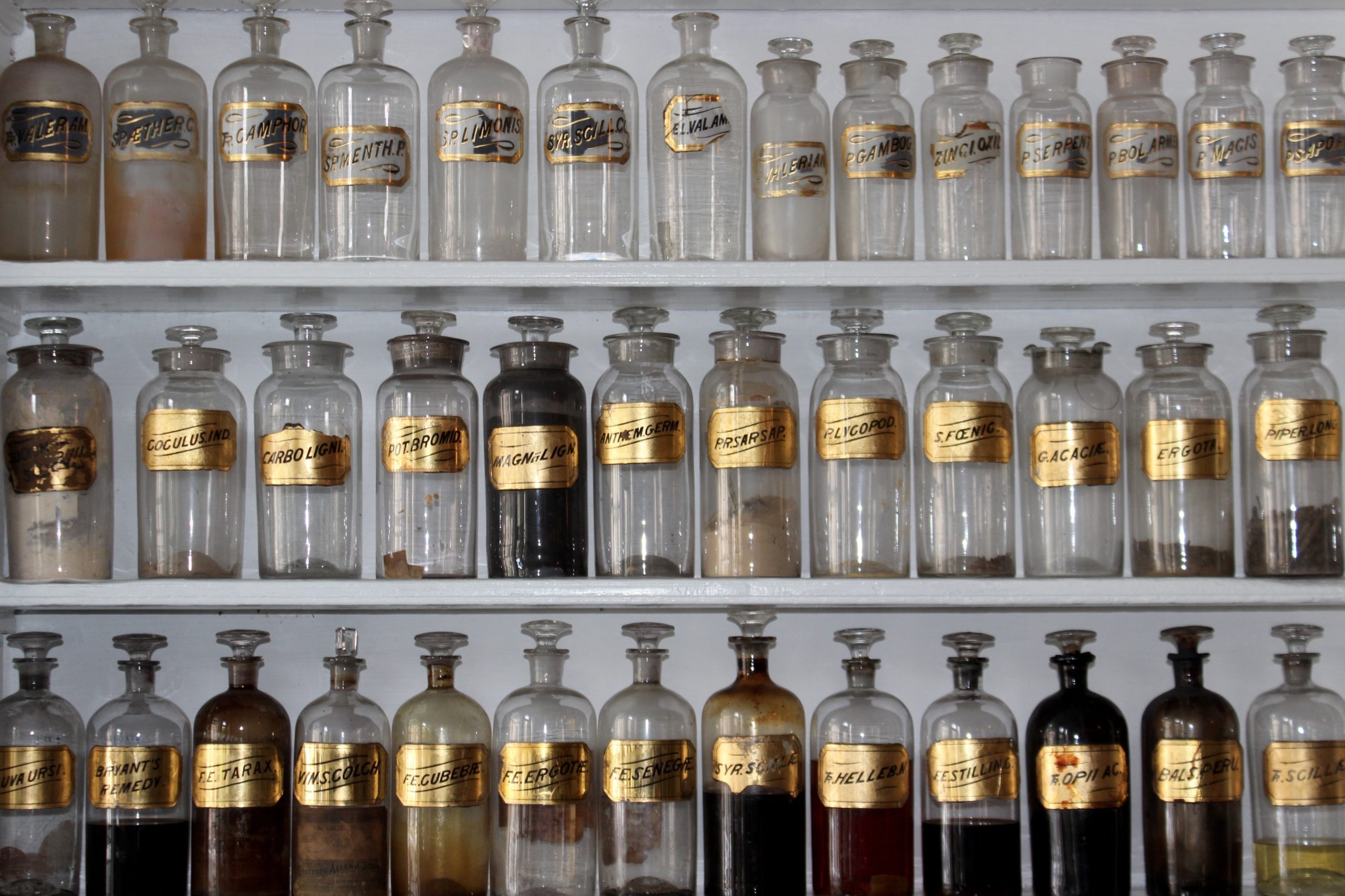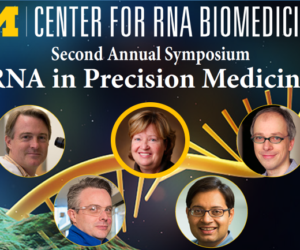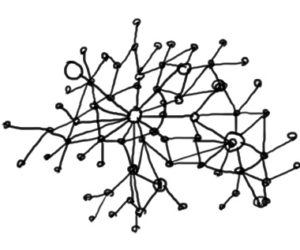Category: Open Access
-

Note: This piece was published as a Commentary in the journal Structure! You can find it (paywalled) here, but I’m allowed to share the submitted version open access on my blog! Hope you enjoy, it’s one of my favorite things I’ve written to date. During global pandemics, the spread of information needs to be faster…
-

When you think of a scientist, it’s probably someone in a white coat working in a laboratory, chemical bottles labeled on shelves, and computers displaying complex graphs and figures. Perhaps you might think of a biologist or a geologist out in the field collecting samples to bring back to a similar lab to analyze. There’s…
-

Online presence and shareability of content are ever-more important in our modern and increasingly digital world, and science and medicine are no exceptions. With published papers still being the standard for disseminating research, journals and publishing companies continue to largely serve as the gatekeepers of scholarly content. Accessibility is a critical component, with journals either…
-

Technology is being incorporated more and more into our daily lives. Social media platforms allow researchers to easily connect with one another and to simply find citations or resources. Artificial intelligence and big data make it relatively easy to obtain the information scientists need to move forward with their project. With the extended push to publish data,…
-

Competition has its worth: it can provide significant motivation to work late in order to generate enough data to have your paper be first rather than a replicate study. The desire to ‘one-up’ a competitor’s lab can lead to researchers designing novel methods to study the system in question. It is not without its drawbacks…
-

The following blog article was written live at the 2nd Annual Symposium of RNA in Precision Medicine at the University of Michigan through the Center for RNA Biomedicine. Check out MiSciWriter blog for the whole coverage of the symposium and follow the #umichRNA on Twitter. “Integrating Genome, Transcriptome and Electronic Health Records for Discovery and…
-

Recently, a lab mate of mine presented a paper at our weekly research meeting. She ended her analysis saying that she was skeptical of the methods and the rigor of the results because it came from the open access journal PLOSOne. This got me thinking and realizing that even though scientists are constantly demanding data…



